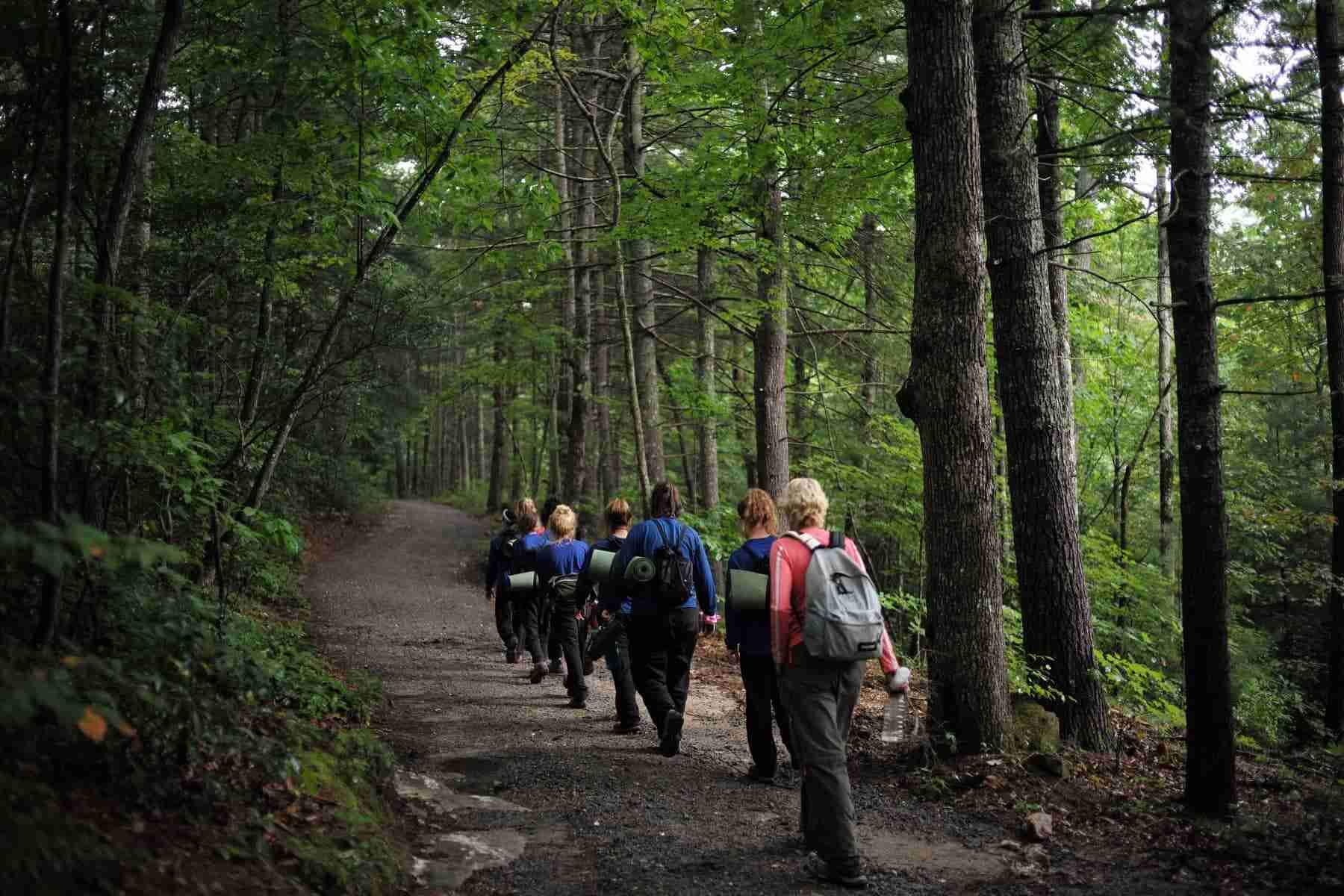Introduction
Trails Carolina, a wilderness therapy program catering to struggling adolescents and young adults, has been the subject of intense scrutiny and controversy in recent years. While many parents have reported positive outcomes from the program, there have also been allegations and concerns raised by critics. This investigation aims to provide a comprehensive overview of Trails Carolina, shedding light on both its strengths and the controversies surrounding its practices.
Background of Trails Carolina
Trails Carolina was established in 1983 and is located in the scenic Blue Ridge Mountains of North Carolina. It offers wilderness therapy programs for adolescents and young adults dealing with a range of emotional and behavioral challenges. The program combines outdoor experiences with therapeutic interventions to promote personal growth and development.
Program Structure
Wilderness Experience
Participants in the Trails Carolina program engage in outdoor activities such as hiking, camping, and survival skills training. This immersion in nature is designed to foster a sense of self-reliance, teamwork, and resilience.

Therapeutic Interventions
Trails Carolina employs licensed therapists who work closely with participants, providing individual and group therapy sessions. These sessions aim to address underlying emotional and behavioral issues while equipping participants with coping mechanisms and life skills.
Academic Component
The program includes an academic curriculum, ensuring that participants maintain their educational progress during their time at Trails Carolina. This is facilitated through a combination of on-site instruction and support for remote learning.
Controversies Surrounding Trails Carolina
1. Lack of Regulation and Oversight
Critics argue that the wilderness therapy industry, including programs like Trails Carolina, operates with minimal regulation. This raises concerns about the safety and well-being of participants, as well as the qualifications of staff members.
2. Allegations of Mistreatment
Some former participants and their families have alleged instances of mistreatment, including claims of physical and emotional abuse. It is essential to thoroughly investigate these claims and determine their validity.
3. Effectiveness and Long-term Outcomes
While Trails Carolina has reported success stories, there is a need for independent research to assess the long-term effectiveness of the program. Understanding the sustained impact on participants’ lives is crucial for evaluating its overall efficacy.

FAQs
Q1: How are participants selected for the Trails Carolina program?
A1: Participants are typically referred to Trails Carolina by parents, educational consultants, or mental health professionals. The program is designed for adolescents and young adults struggling with emotional and behavioral challenges.
Q2: What qualifications do the staff members at Trails Carolina possess?
A2: Trails Carolina employs licensed therapists, field instructors, and support staff. These individuals undergo extensive training and hold relevant certifications in their respective fields.
Q3: How is the safety of participants ensured during wilderness activities?
A3: Safety is a paramount concern at Trails Carolina. All outdoor activities are carefully planned and supervised by experienced field instructors. Participants are provided with appropriate gear and receive training on wilderness safety protocols.
Q4: How does Trails Carolina address concerns about mistreatment and abuse?
A4: Trails Carolina takes any allegations of mistreatment or abuse seriously. An internal investigation process is in place, and the program is committed to transparency and accountability in addressing such concerns.
Q5: What evidence supports the effectiveness of the Trails Carolina program?
A5: While Trails Carolina has reported positive outcomes, independent research and peer-reviewed studies assessing the long-term impact of the program are limited. Further research is needed to provide a comprehensive understanding of its effectiveness.
Conclusion
The Trails Carolina program offers a unique approach to therapeutic intervention through wilderness experiences. While it has shown promise in helping struggling adolescents and young adults, it is crucial to address the controversies and concerns raised by critics.
Rigorous oversight, transparency, and independent research are essential in evaluating the program’s overall effectiveness and ensuring the well-being of its participants. Ultimately, the aim should be to provide the best possible support for those in need of therapeutic intervention and personal growth.
